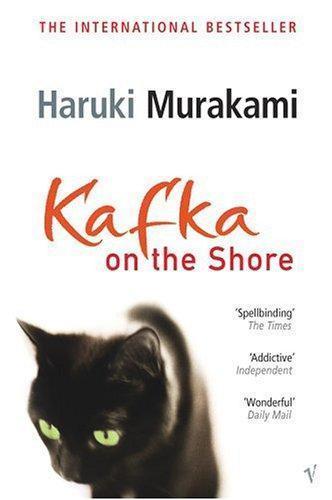das_@bookwyrm.social reviewed Kafka on the shore by Haruki Murakami
Review of 'Kafka on the shore' on 'Storygraph'
1 star
A quite interesting mystery full of self-discovery at its core, with quite an unusual narrative that tells this story from multiple angles at once, this book seemed quite promising from the start. However, the overly casual dialogues that oscillate between intentionally inarticulate and pseudo-intellectual quickly got on my nerves, and the subsequent attempts to make light of pedophilia as well as incest were only the last straw. I'm fairly confident that this is the worst book that I've read in the past decade or so.
A quite interesting mystery full of self-discovery at its core, with quite an unusual narrative that tells this story from multiple angles at once, this book seemed quite promising from the start. However, the overly casual dialogues that oscillate between intentionally inarticulate and pseudo-intellectual quickly got on my nerves, and the subsequent attempts to make light of pedophilia as well as incest were only the last straw. I'm fairly confident that this is the worst book that I've read in the past decade or so.


